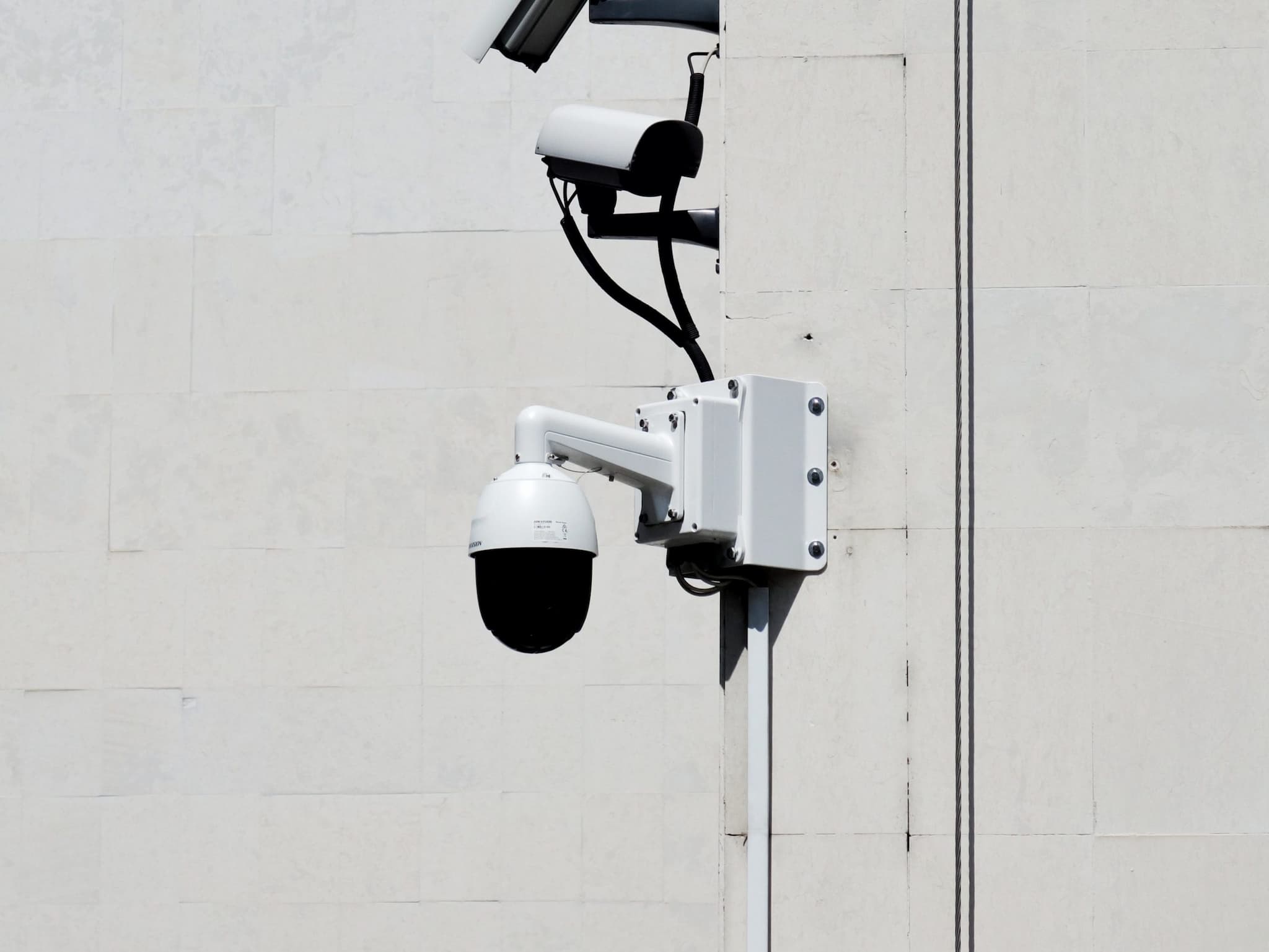Use of mass surveillance in Belgrade

On 27 of April 2021, five Members of the European Parliament sent an open letter to Mr. Aleksandar Vulin, the Minister of Interior of the Republic of Serbia. This letter addressed the Serbian Ministry of Interior’s procurement of high-resolution cameras from Huawei in the framework of the Safe City Strategic Cooperation Agreement and in context of the Serbian government’s increasingly close relationship with China.

Dear Minister Vulin,
with this letter we, Members of the European Parliament would like to raise our concerns regarding an increasingly worrying development in the city of Belgrade, which has recently come to our attention.
In our capacity as Members of the European Parliament Delegation to the EU-Serbia Stabilisation and Association Parliamentary Committee, we would like to request further information on the procurement and installation of the high-resolution Huawei cameras and the use of biometric mass surveillance under the Safe City Strategic Cooperation Agreement. From our side, there are several outstanding questions.
Regarding this new instalment, it seems that the city of Belgrade now runs the risk of becoming the first city in Europe to have the vast majority of its territory covered by mass surveillance technologies. Under the Safe City Strategic Cooperation Agreement, we understand that an estimated 8.000 cameras and other devices with facial recognition capabilities have been procured from Huawei with limited transparency or public debate. According to the Commissioner for Personal Data Protection of Serbia, neither of the Ministry of the Interior’s Data Protection Impact Assessments (DPIA) on the use of this smart video surveillance were conducted in line with the requirements of the Law on Personal Data Protection (LPDP). It is therefore our understanding that there is currently no legal basis for the use of a biometric facial recognition system.
The use of a smart surveillance video system, comprising the following elements, could constitute mass, indiscriminate surveillance and could pose a risk to the fundamental rights of citizens in Belgrade:
– 24/7 recording cameras with advanced optics detecting faces and objects (camera models : IPC6625-Z30 and IPC6225-VRZ-ES)
– Real-time all-in-one intelligent video surveillance monitoring system (system VCN3020)
– Storage system OceanStor
– Video Content Management (VCM) system for intelligent image processing, big data analytics and structured video analysis (system – VCM5020).
Given the information at our disposal, we do not consider the use of these invasive technologies to be necessary or proportionate, especially considering the low rate of crime in Belgrade. For this reason, we are writing to you with a view to requesting clarifications on the following points-
- Could you provide information on the due diligence process for the purchase of this technology? Could you also provide further details of the procurement process, including the total amount the Ministry of Interior spent on these cameras, and the hardware and software specifications in the original procurement notice?
- We would also be interested to know whether there has there been a specific assessment of the impact of the use of such technologies on fundamental rights in Serbia. Would you also be able to confirm if there will be an updated data protection impact assessment (DPIA) on the issue of smart video surveillance, in line with the legal requirements? If so, do you already have an estimated date of publication?
- Could you confirm how many of these cameras have been procured from Huawei in total, and how many of these have so far been installed in Belgrade? Is there a timeline for the installation of the rest of these cameras in the city? Do you have any information as to whether any of these devices already been installed outside of the city of Belgrade?
- Would you be able to confirm whether the facial recognition features of this system are currently being used? If they are not currently being used, is there a plan to use the facial recognition features of these devices in the future? In case you plan to use it, how would you address the lack of existing legal basis for the use of such a biometric facial recognition system in Serbia?
- Could you elaborate as to whether there is any new legislation or any amendments to existing legislation on data protection, including the Law on Personal Data Protection (LPDP), under preparation or expected to be voted on in the next twelve months by the National Assembly of Serbia?
- Do you have any further information on what is happening to the data collected by these cameras; who is it being sent to, how is it being processed and for how long will it be stored? Will future maintenance of these cameras be outsourced and if so, who will it be outsourced to?
- Could you please elaborate on whether any further purchases of biometric mass surveillance technologies are anticipated, under the so-called Safe City project or otherwise? Does the Ministry of the Interior also intend to use these cameras in other locations in Serbia?
We, the undersigned Member of the European Parliament, believe that the use of smart video surveillance with facial recognition technology is not necessary for the sake of public safety, and is not proportionate, especially considering the risks to the freedoms and rights of citizens.
We hope that the Ministry of the Interior will take these concerns seriously, and ensure that the fundamental rights of citizens is a priority. We look forward to your response and to our continued cooperation based on our shared democratic values, respect for human rights and the rule of law.
Yours sincerely,
Viola von Cramon-Taubadel, The Greens/EFA
Gwendoline Delbos-Corfield, The Greens/EFA
Andreas Schieder, S&D
Klemen Grošelj, Renew Europe
Helmut Scholz, The Left